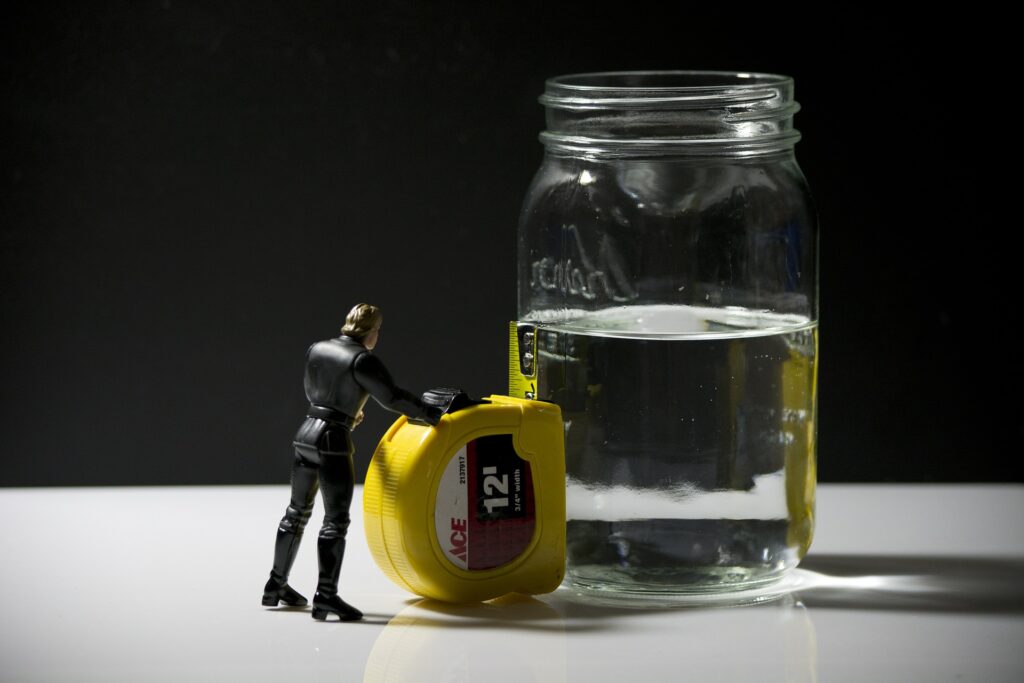
I’ve been carefully reading about and digesting the recent economic news, paying particular attention to how the coronavirus is impacting consumer behavior.
Last week the New York Times reported on retail sales for the month of March.They reported that ”total sales, which include retail purchases in stores and online as well as auto and gasoline sales and money spent at bars and restaurants fell 8.7 percent from the previous month.” Yes, that’s a big hit, but I’m surprised that number wasn’t higher. I’m a glass half full guy, so I read the data differently… 91.3% of retail sales remained intact in March. Think about that. Sure, the sales results vary wildly, with big increases in supermarket sales, and huge decreases for restaurants. But the fact that 91% of retails sales remained intact is a testament to the resiliency of the US economy.
McKinsey & Company recently released their survey of US consumer sentiment during the coronavirus crisis. This survey reports that US consumers remain optimistic about the economy’s ultimate resilience. 46% of respondents say they will reduce spending over the next 2 weeks. Glass half full translation: 54% will NOT reduce spending over this period.
Also from the McKinsey survey, consumers are starting to adopt new behaviors as well, such as shopping new websites for basics (15 percent), changing primary grocery stores (13 percent), adopting curbside restaurant and store pickup (10 percent and 8 percent), and trying video conferences for professional /personal reasons for the first time (9 percent and 8 percent). There are several additional categories where consumers are increasing their participation, such as entertainment streaming, e-sports, and online fitness. Consumers are largely satisfied with their experiences, and many expect these new behaviors will continue even once the coronavirus crisis resolves.
What does this mean going forward for businesses and how can we all adapt?
Embrace change. If curbside pickup is working for your restaurant, keep it in place as we exit the COVID-era. If video conferencing is proving to be a lifeline for your retail business, it will continue to be a valuable tool going forward. We have re-engineered the website for one of our brick and mortar retail clients, embedding functionality for consumers to book private Zoom sessions with their in-store sales consultants and it’s working beyond our expectations. If you’ve made it easier for customers to shop with you during COVID-19, then consider keeping those measures in place going forward.
Don’t listen to those who talk about “restarting the economy.” The economy is not “closed.” Consider the facts. The fundamentals of the economy were strong before coronavirus and they will be strong as we come out of it. For the period March 30-April 4 just 15% of US respondents say that COVID-19 “will have a lasting impact on the economy and show regression/fall into lengthy recession.”
When asked about spending, 44% said that uncertainty about the economy is preventing them from making purchases or investments that they would otherwise make. Glass half full translation: 56% of respondents either somewhat disagree or strongly disagree with those 44%, making them the consumers that will jumpstart the economy, the consumers you should be talking with now.
Other takeaways from the McKinsey survey… we’re seeing increases in spending on groceries, household supplies, and anything that has anything to do with entertainment at home. Good days for those who sell home remodeling, appliances, home entertainment equipment, streaming services and more. Consumers are cooking more, watching more television, streaming more TV and video content, watching more live news, spending more time on social media, and showing a net intent increase of +23 for home improvement. Finally, once the government-imposed shutdown of certain businesses is lifted, we can expect pent up demand to drive sales of cars, trucks and SUVs, and wind to once again fill the sails of the real estate market.
No matter what your business has done so far during the COVID-19 era, this is the time to solidify your marketing plan, the plan that will help your business survive and thrive. If your business has continued to market and advertise during this period, congratulations. Research by ThinkVine found that businesses that “went dark” (cut back on marketing and media spend to the extent that it’s nearly non-existent) saw sales drop by 20% by the end of the year of going dark.
Finally, in a study published in the Journal of Advertising Research, bold brands that increased advertising during a downturn/recession experienced higher sales, greater market share, or higher earnings during or after the downturn. Most of the studies consistently showed that the strategy adopted for advertising during this period had effects that persisted for several years after.
Let’s boldly charge forward with the same entrepreneurial spirit that made us successful as startups, embracing the mentality that powered us in the hungry years.
Glass half full today. Glass overflowing tomorrow.
#staysafe,
Bob
Bob Abbate is the President/Creative Director of Bob Abbate Marketing, an expert legacy and digital advertising agency based in Connecticut. You can reach Bob at 203-916-4387 or at [email protected]. During these times, every business should have a marketing plan, and use that marketing as a platform to stand up and deliver a real, empathetic and honest message to the community. BAM is here to help you choose the right words, the right message, and the right media.
